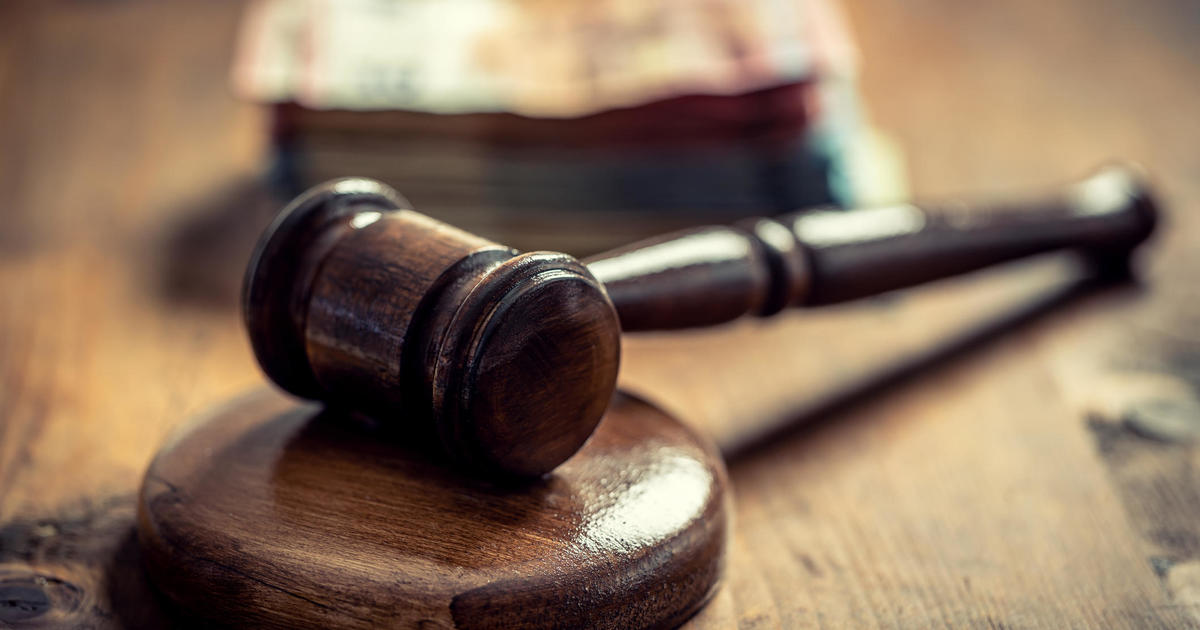Getty Images
If you’re trying to get rid of overwhelming amounts of credit card debt, one option you have is filing for bankruptcy. By doing so, you can restructure or wipe out your debts, making it easier to start fresh without high-rate credit card debt (or certain other types) weighing you down.
While filing for bankruptcy is a drastic option, it’s not uncommon. The latest statistics show that bankruptcy filings are up 16% year-over-year. That uptick in filings is likely due, at least in part, to the economic issues that have been plaguing the nation over the last year, like the high-rate environment and persistent inflation.
But while filing for bankruptcy can provide relief from your debt, it’s not a step to be taken lightly. The bankruptcy process is complex and it can have long-lasting impacts on your financial future. So before proceeding, it’s crucial to ask yourself some key questions to determine if it’s best for you.
Find out how the right debt relief company can help you now.
6 key questions to ask before filing for bankruptcy
Be sure to ask yourself the following questions before filing for bankruptcy.
Have I explored all other debt relief options?
Before committing to bankruptcy, it’s important to thoroughly investigate the alternatives or even consider selling assets to pay off debts. These alternatives may provide a way to manage your debt without the long-term consequences of bankruptcy. Some common debt relief options include:
- Debt consolidation: With debt consolidation, you combine multiple debts into a single loan, often with a lower interest rate, to expedite the repayment process and reduce the total interest.
- Debt management: With a debt management plan, you work with a credit counseling agency to create a structured repayment plan.
- Debt forgiveness (or debt settlement): When you pursue debt forgiveness, you negotiate with your creditors to pay less than the full amount owed.
- Credit counseling: With credit counseling, you seek professional advice on budgeting and debt management strategies.
- Loan modification: By pursuing loan modification, you may be able to modify the terms of your existing loans, particularly in terms of your mortgage.
If these options don’t provide adequate relief, then it may be time to consider bankruptcy.
Learn more about the debt relief options available to you here.
What type of bankruptcy is most appropriate for my situation?
There are different types of bankruptcy, but for individuals, the options are primarily Chapter 7 and Chapter 13 bankruptcy. Chapter 7 involves liquidating your assets to pay off debts, while Chapter 13 establishes a repayment plan. Each has its own eligibility requirements, so understanding which type you qualify for is crucial.
For Chapter 7, you must pass a means test to demonstrate that your income is below a certain threshold. Chapter 13 requires a regular income to support a repayment plan. Assessing your eligibility early can save you time and prevent disappointment later in the process.
How will bankruptcy affect my credit score and for how long?
Bankruptcy can significantly impact your credit score, potentially lowering it by 200 points or more. This negative mark can remain on your credit report for up to 10 years, so consider whether you can manage the long-term consequences of this credit damage.
For example, while not impossible, obtaining credit after bankruptcy can be challenging and more expensive. Some employers also check credit reports, and a bankruptcy filing could impact your current job or future employment prospects, especially in fields related to finance or those requiring security clearances.
Can I afford the costs associated with filing for bankruptcy?
While it may seem counterintuitive, filing for bankruptcy isn’t free. There are court filing fees and many people hire an attorney to navigate the complex process. As such, you need to ensure that you can afford these costs or explore options for fee waivers if you qualify.
Will bankruptcy discharge all of my debts?
Not all debts are dischargeable in bankruptcy, so before filing, it’s important that you clearly understand which of your debts will be discharged and which will remain. For example, federal student loans, most tax debts, alimony and child support are typically not eliminated by filing for bankruptcy. In turn, this knowledge can be crucial when determining if bankruptcy will truly solve your financial problems.
How will bankruptcy impact my co-signers or joint account holders?
If you have co-signers on loans or joint account holders, your bankruptcy could affect them as well. In many cases, creditors may pursue co-signers for the full amount of the debt if you file for bankruptcy. So, consider the potential consequences for these individuals and discuss the situation with them to make a decision that works best for everyone involved.
If you’re married or in a domestic partnership, your bankruptcy filing could also affect your partner’s finances, especially if you have joint debts or shared assets. Discuss the implications with your partner and consider seeking advice on how to protect their financial interests.
The bottom line
Bankruptcy should be viewed as a last resort, as the impact on your finances can be significant and long-lasting. And, there are other debt relief options to consider during the process, many of which may not be as damaging. So before you make a decision, ask yourself these questions and weigh your other options. That way, you’re better prepared to make an informed decision.
